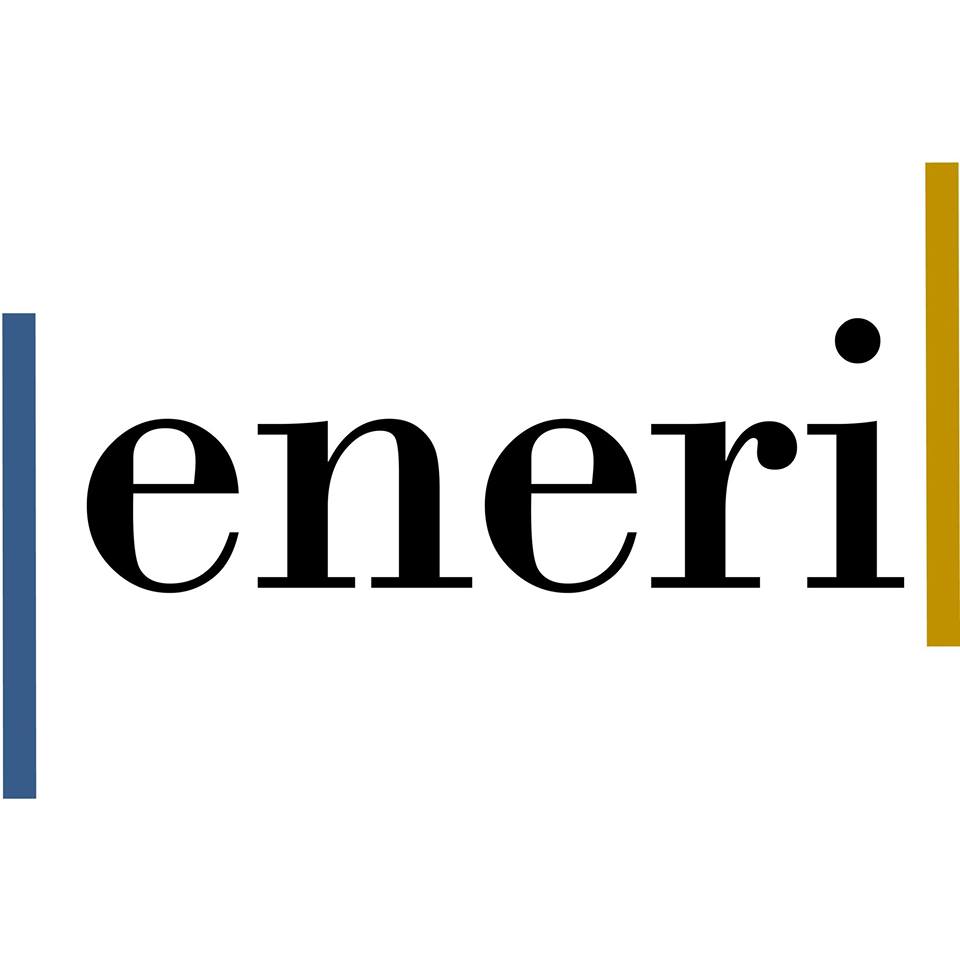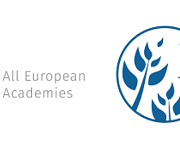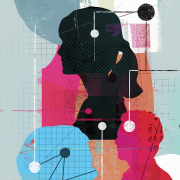Project on research ethics and research integrity successfully concluded
After three years of work on the ENERI (European Network of Research Ethics and Research Integrity) project, ALLEA and its partners have successfully concluded the project during a final conference at the end of October in Brussels.
As a project, ENERI sought to improve the exchange between experts in research ethics and research integrity across Europe by providing learning material and platforms for exchange for research integrity and ethics practitioners.
While working on this project ALLEA built valuable relationships with the European networks for research ethics, ENRIO, and for research integrity, EUREC, which are an excellent basis for future joint activities and will be put to good use.
The main outcomes of ENERI are:
1) The ENERI E-community
The e-community is a platform for experts in research ethics and research integrity to discuss and share information and documents across Europe. The community is growing and hosts currently just fewer than 200 members. The project ended but the community, which is hosted on SINAPSE, a service provided by the European Commission, will continue to exist.
It is still possible to become a member of the group. To do so, please send a message to Panagiotis Kavouras (kavouras@chemeng.ntua.gr), the administrator of the page.
2) The Research Integrity Handbook
The handbook takes stock of different practices concerning the investigation of research misconduct in different parts of the continent. In the absence of harmonized and formalised European legislation the handbook compiled existing best practices. It is used as a basis for further harmonization on the European level, but also to assist countries with emerging research ethics and integrity structures to quickly establish common standards.
3) The ENERI decision tree
The decision tree is a handy tool for researchers as well as members of research ethics and research integrity committees to reflect on ethical issues and challenges before and during research. It is strongly recommended to work with the ENERI decision tree alongside the H2020 Ethics self-assessment and the European Commission‘s guidelines on ethics and data protection .
ENERI has received funding from the European Union’s Horizon 2020 research and innovation programme under grant agreement No 710184.
More information on: www.eneri.eu






